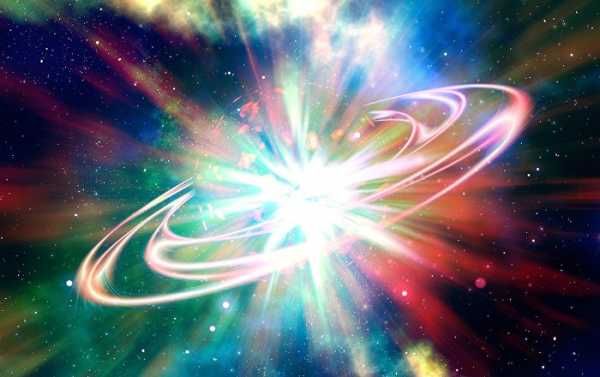
Scientist Thiago Tomei, who won an international award last week, has opened up on his work at the European Center for Nuclear Research, where he takes part in Large Hadron Collider experiments (LHC).
On 3 February, Brazilian physicist Thiago Tomei, a researcher at the University of Sao Paulo’s Scientific Computing Centre and Sao Paulo Research and Analysis Centre (SPRACE), was given the Achievement Award from Compact Muon Solenoid Collaboration (CMS), one of the particle detectors built in the Large Hadron Collider (LHC).
The prize received by the European Organisation for Nuclear Research scientist is awarded to scholars who stand out for their significant and lasting contributions to the components of the CMS experiments at the LHC, with which Unesp collaborates through SPRACE.
The scientist has explained his work and the LHC.

A worker walks past the CERN’s Compact Muon Solenoid (CMS), a general-purpose detector at the Large Hadron Collider (LHC), during maintenance works
According to the physicist, through this movement, the device should generate small areas in space with high energy density, where the phenomena are governed by the laws of the so-called quantum field theory, combining Albert Einstein’s theory of relativity with Werner Heisenberg’s theory of quantum mechanics and others. Thus, there is a way of studying the most detailed structures of matter, as well as how matter behaves in these extremely high energy density areas.
Sourse: sputniknews.com






